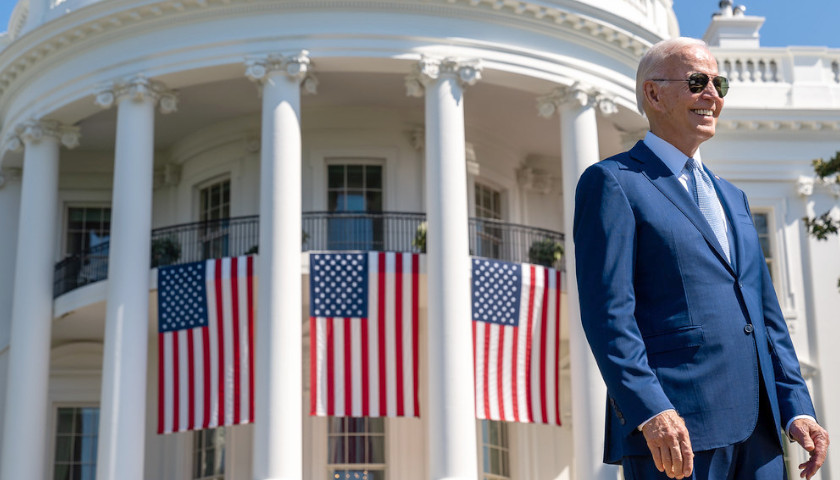by Nicholas Ballasy
A security expert who worked with the Secret Service for over 20 years says he’s “surprised” the agency is closing the investigation into how cocaine was found at “one of the most secure buildings in the world” without identifying any suspects.
In briefing Congress earlier this month about the July Fourth weekend discovery at the White House, the agency said it did not conduct interviews as part of its internal investigation, citing the roughly 500 potential suspects, and that it planned to close the probe in the coming weeks.
“I’m surprised because we’re talking about agents who are extremely intelligent, dedicated and exceptional criminal investigators,” Charles Marino, a former supervisory special agent, told Just the News last week. “If you tell them to go out and get to the end of something, that’s exactly what they’re going to do.”
He also said: “You’ve got a designated timeframe, you’ve got the holiday … in which this occurred. We’re fairly certain that this item did not linger for a long period of time in the West Wing, based on the security measures that we know are in place in terms of checking on that area and conducting sweeps.”
He also posed the question: Why is this being treated as if this dime bag or eight ball of cocaine was found on a street corner in a major city? And why isn’t it being treated that this was found in the White House? And also, if you didn’t think it was a threat, or could be a threat, why was the hazmat team called?”
He said all 500-600 people who entered the White House during the specified timeframe are potential suspects and shouldn’t be allowed back into the White House if federal investigators aren’t going to interview them.
“It could have been a staff member or a family member. Look, when you don’t find a suspect, that means that all 500-600 people that popped up during this timeframe all remain suspects, doesn’t it?
“So if that’s the case, how are you not interviewing people? I want to see the investigation be handled the way it deserves to be handled.”
Beyond conducting the interviews, Marino wants made public a chain-of-custody report on where this cocaine was sent to be tested and the test results, and assurance the video footage has been thoroughly reviewed.
“Was it at the FBI lab in Quantico, or was at another FBI facility where it was tested?” he asked. “I want to see the tests that were run on it. There should be paper trails on all of this on all of this.”
Marino also argued there is no “forcing mechanism” that could give the Secret Service any leads on whose cocaine was found.
“I think the forcing mechanism has to be, ‘Look, you senior staff member, you junior staff member who took a family tour through here, everybody, don’t come back. I mean, what choice do you have? Somebody is stopping this from being thoroughly investigated.”
He also said the Secret Service is supposed to be an “independent law enforcement agency,” but the case being closed so quickly creates the impression that political influence was involved.
“That’s a situation and an assumption by the general public that the Secret Service has opened themselves up to,” Marino said.
He further argued Secret Service directors are political appointees but the director posts are career positions, which should make them “removed from the overall politics of the position or at least it’s supposed to give that appearance.”
Marino didn’t single out Director Kimberly Cheatle, but said, “Political influence is only as effective as a particular leader will let it be. If you have a leader that is going to allow themselves to be influenced, again, not saying that it happened here, then yes, you can go down a very dark road.”
– – –
Nicholas Ballasy has been breaking news for more than a decade in the nation’s capital and questioning political leaders about the most pressing issues facing the nation. Since 2008, Ballasy has interviewed former President Bill Clinton, House Speaker Nancy Pelosi, former President Donald Trump, Sen. Mitt Romney, Sen. Bernie Sanders, Sen. John McCain, former Secretary of State Hillary Clinton, former Vice President Al Gore, former House Speaker Newt Gingrich and more.




